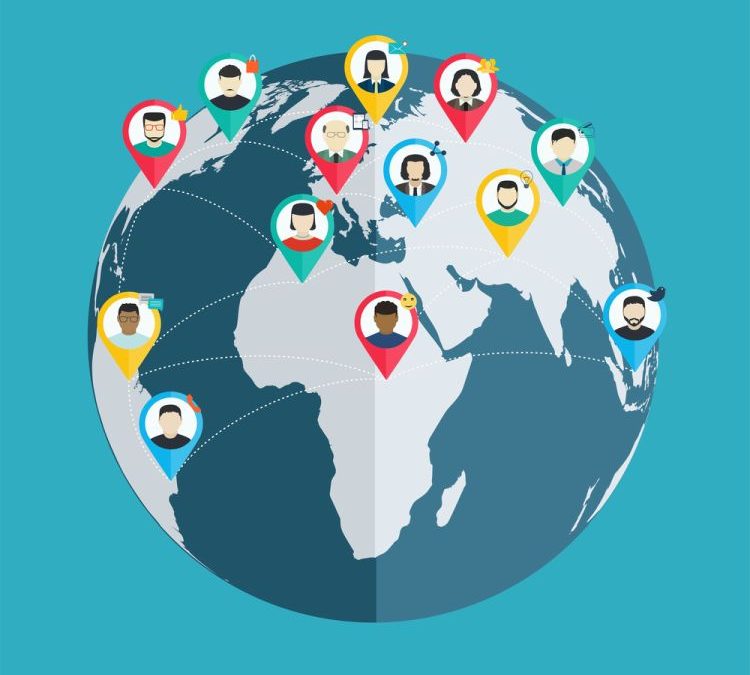Last month, Facebook announced that it was getting into the cryptocurrency business with a new product called Libra. Libra is different from Bitcoin and other cryptocurrencies in several ways:
- The Libra currency is bought directly by the consumer with regular money, and that money is held in a reserve in exchange for the Libra.
- The reserve is held by the Libra Association, which invests the money and distributes the profits to members.
- Facebook intends to integrate Libra into the website, thus making it available to 2.4 billion users.
Launching a global cryptocurrency is a bold move — especially for a company dealing with as many trust issues as Facebook. It seems certain to drive us even closer to a cashless society, but I wonder if that is such a good thing.
Young adults today don’t use cash. They are using Venmo, Apple Pay, Google Pay, PayPal, and Zelle, just to name a few.
- Older Americans are not as digitally savvy as their kids and grandkids. Many lack the fine muscle control needed to type on a touch-screen keyboard, while others simply can’t keep up with technology that seems to change every day.
- Some people don’t have bank accounts. Sometimes referred to as “underbanked,” they live a cash-based life. Many times instead of having a free debit card from a bank, they’ll have a prepaid card that charges them fees to use their own money.
Of course, the benefits of a cashless society are worth noting, too. With less cash, there is less crime. Digital is cheaper for the government, and (ironically) every transaction has a “paper” trail.
We have yet to see how Libra will insinuate itself into our Facebook experiences, or how well it will work. Will it be any easier than Apple Pay or Venmo? What about privacy concerns — will our ads be tailored to our balances?
As literally everyone has said at one time or another: Technology is a double-edged sword. But does that mean samurais don’t use technology?


Recent Comments